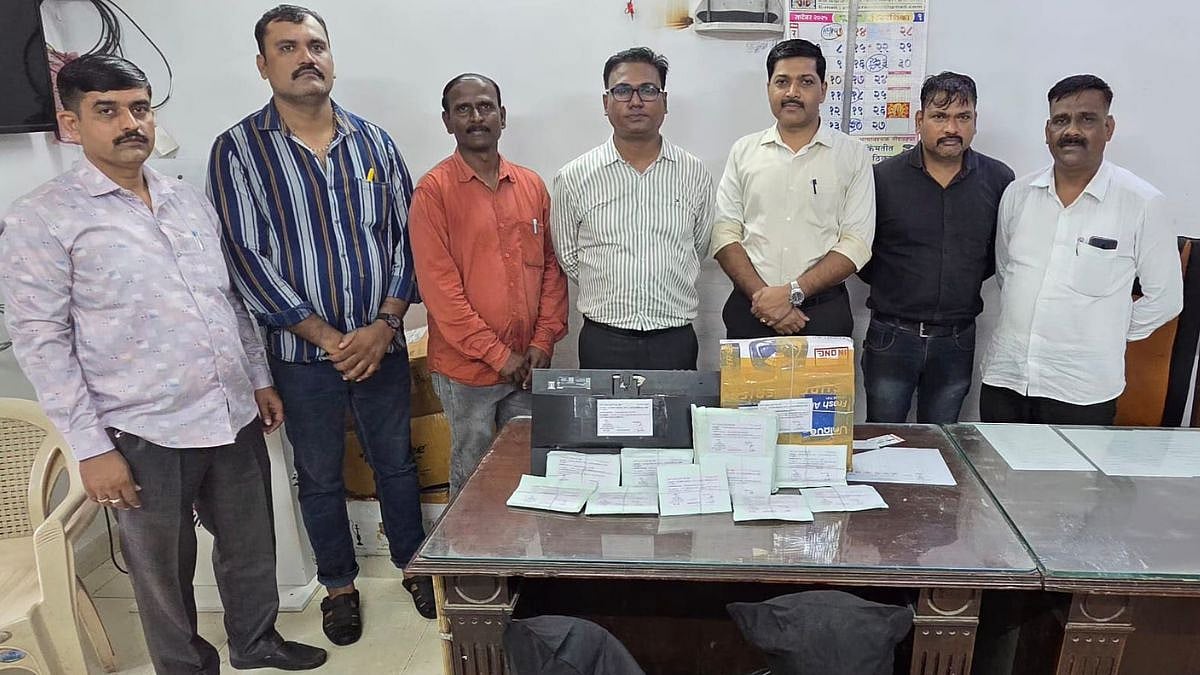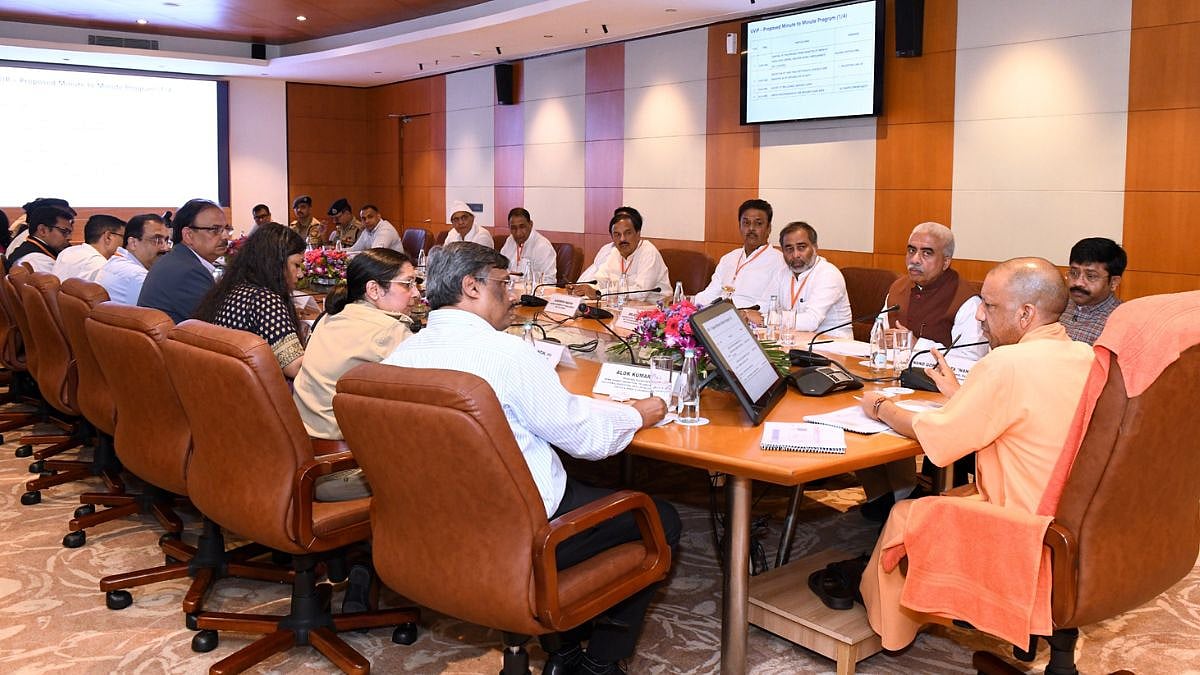Afrida Rahman Ali (FPJ Executive Editor) hosted Amitabh Tiwari, political analyst and founder of Vote Vibe, in an incisive conversation on the ongoing politicization of the Kolkata Law College rape case, the BJP-TMC dynamics, and the looming challenge of the 2026 West Bengal Assembly elections.
Q1: Afrida Rahman Ali: The rape incident at Kolkata Law College has triggered a political war between the BJP and TMC. What’s your assessment of how this is playing out nationally?
Amitabh Tiwari: Such issues unfortunately often get politicized, especially with elections approaching. In the Modi era, we’ve seen the BJP dislodge several regional satraps—Sheila Dikshit, Raman Singh, Tarun Gogoi, and recently Naveen Patnaik and Arvind Kejriwal. Mamata Banerjee remains one of the few holding out against BJP. But any 15-year government faces natural anti-incumbency, and BJP is eyeing Bengal as its next opportunity.
Q2: FPJ: How does the women voter base factor into this political equation?
Tiwari: TMC's support rests on three M’s: Mahila (women), Minority, and Mamata. In 2021, the vote share difference was about 10%—with women contributing 6.5% of that lead. 50% of women voted for Mamata, compared to only 37% for BJP. That shows the emotional connect Mamata enjoys with women voters, something BJP currently lacks.
Q3: FPJ: With recent incidents—Sandeshkhali, RG Kar, and now this rape case—has that women voter base been dented?
Tiwari: Yes, there’s a visible dent in perception. In our Vote Vibe survey, 43% of men and 40% of women said they preferred Mamata as CM—an inversion of earlier trends. Yet 48% of women still rate her performance as good. So, while recent events have impacted TMC's image, especially among women, it’s too early to predict a major shift.
Q4: FPJ: TMC ministers like Manas Bhunia have made controversial statements. BJP is amplifying these. Will this amplify public anger?
Tiwari: Yes, such statements hurt. Bhunia calling the gang rape a "small incident" drew flak. But let’s not forget—such insensitive remarks are made by male ministers across parties and states. These reflect a broader societal insensitivity. BJP is using this to question TMC’s law and order credibility, but whether that sustains momentum is another matter.
Q5: FPJ: Do you think the BJP has the capacity to convert this public sentiment into electoral gains?
Tiwari: That’s doubtful. Our survey showed 50% believe BJP cannot defeat TMC due to lack of leadership, infighting, and poor understanding of Bengal’s culture. BJP lacks a strong woman face to counter Mamata’s emotional connect. It has yet to offer a positive vision for West Bengal beyond just criticizing TMC.
Q6: FPJ: But doesn’t BJP’s aggressive campaign—rallies, protests—help keep the issue alive?
Tiwari: True, BJP is trying hard to maintain momentum. But unless it builds an alternative vision, it risks being seen as only capitalizing on tragedy. Voters are smart—they can sense over-politicization. That can backfire, especially among women who’ve benefited from schemes like Lakshmir Bhandar, which transfers ₹1100–₹1200 directly to women beneficiaries.
Q7: FPJ: TMC claims it has one of the highest representations of women MPs/MLAs. Does that help in countering the BJP?
Tiwari: Definitely. Mamata is the only woman CM in India and TMC has fielded a high percentage of women candidates. This organizational strength, emotional connect, and welfare schemes form a robust defense. TMC’s women leaders have taken centerstage in resisting BJP’s narrative.
Q8: FPJ: So can BJP challenge TMC in 2026?
Tiwari: Not with just one incident. BJP needs a cohesive campaign, women leadership, and a culturally resonant message. Without denting the women vote bank, TMC is hard to dislodge. Mamata still controls the narrative through emotion, schemes, and presence. BJP must go beyond reactive politics to win Bengal.

Conclusion by FPJ: As West Bengal gears up for elections in 2026, this episode has underlined the sensitive intersection of law, politics, and gender justice. Whether BJP can build on this politically or TMC can regain the trust of its core base—especially women—will be a key determinant of Bengal’s future.










